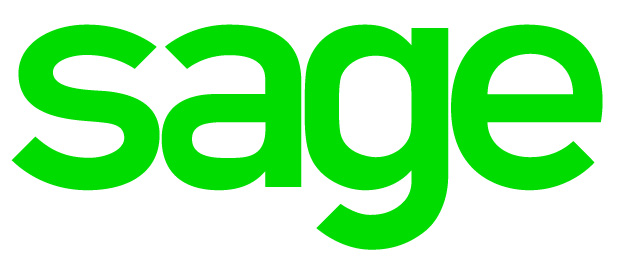High Income Child Benefit Charge
A reminder, that if either parent’s income exceeds £50,000 this will affect eligibility for Child Benefits.
A tax charge, known as the ‘High Income Child Benefit Charge’ (HICBC), is payable if a parent has an individual income over £50,000 and:
· either parent claims Child Benefit, or
· someone else gets Child Benefit for a child living with a parent and they contribute at least an equal amount towards the child’s upkeep
It doesn’t matter if the child living with you is not your own child.
If the HICBC does apply, the parent with the highest income (if both exceed £50,000) will need to declare the amount of the Child Benefit received on a Self Assessment tax return. The tax charge will then claw back the Child Benefit received at the rate of £1 for every £2 that income exceeds £50,000. This means that if income is more than £60,000 the HICBC will equal Child Benefit received.
If parents can see that one or both incomes will exceed £60,000 they can elect to withdraw their Child Benefit claim in which case, no entry on a tax return would be required.
If income is in, or just over the £50,000 to £60,000 band, paying pension contributions or donations under gift aid can reduce the impact of the HICBC as well as reducing tax.
Latest News
- High risk and all eggs in one basket - April 25, 2024
- More corporate red tape - April 23, 2024
- New employment protections - April 18, 2024
- Opening up small company reporting - April 16, 2024
- Boost for small businesses - April 12, 2024
- A new acronym - April 9, 2024
- Tax Diary April/May 2024 - April 5, 2024
- Still time to register for the Marriage Allowance - April 5, 2024






